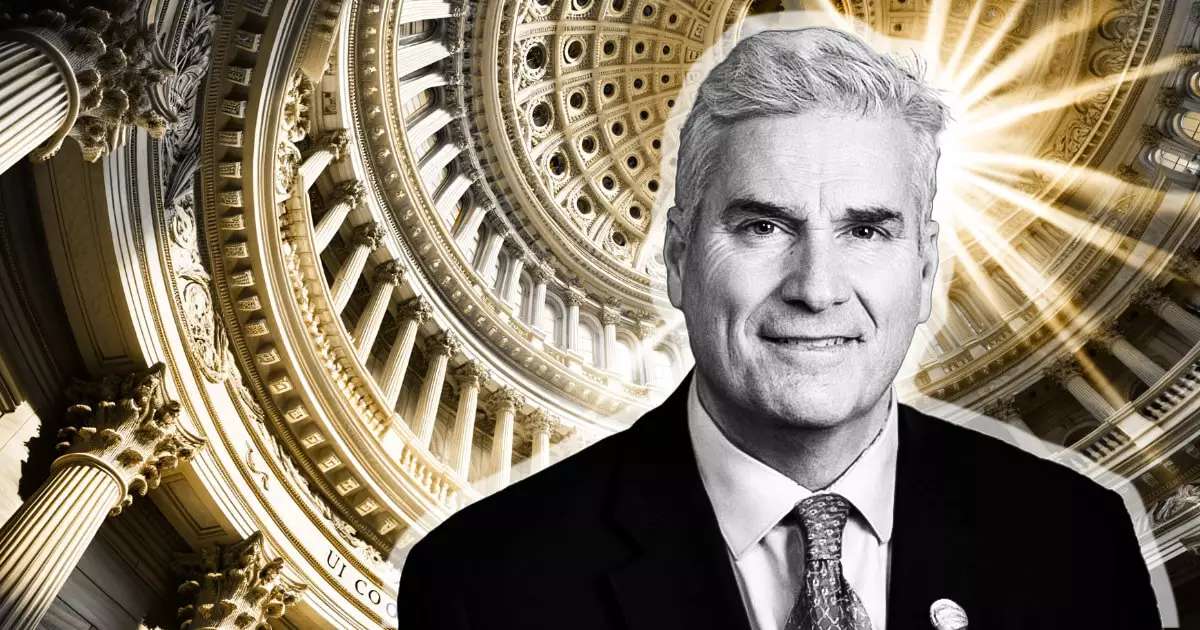House Majority Whip Tom Emmer recently raised concerns about government agencies under the Biden administration starting to collect data on Bitcoin mining firms. Emmer criticized the Office of Management and Budget (OMB) for approving a request from the Energy Information Administration (EIA) to implement an information collection regime on the Bitcoin mining industry without a comment period.
Emmer argued that the OMB’s decision to approve the information collection request without proof of public harm is unjustified. He asserted that Bitcoin mining poses no threat to public safety and questioned the motives behind targeting Bitcoin miners. Emmer emphasized the vital role that Bitcoin mining firms play in sustaining the Bitcoin network and defended the technology as embodying American values.
Emmer criticized the OMB and EIA for allegedly enforcing the Biden administration’s energy consumption policies in a discriminatory manner against the crypto industry. He called for a politically neutral approach to policy-making and expressed concern that the information collection measures were aimed at imposing restrictive climate policies on crypto-mining firms.
While the EIA justified its data collection efforts by citing concerns about increased energy consumption due to rising prices and extreme weather conditions, Emmer dismissed these worries as unfounded. He argued that Bitcoin mining activities can be adjusted to manage energy consumption during peak hours and changing weather patterns, making the EIA’s concerns unnecessary.
Emmer drew parallels between the EIA’s data collection on crypto-mining firms and the US Securities and Exchange Commission’s (SEC) controversial attempts to collect similar information. He highlighted the potential consequences for firms that fail to comply with the data requests, including criminal and civil penalties, as well as daily fines of up to $10,000.
According to Emmer, the EIA’s survey aims to gather data from 82 crypto-mining companies on a monthly basis until July. He expressed skepticism about the breadth of the survey and suggested that it might be an attempt to impose Scope 3 climate policies, which extend beyond a company’s direct energy consumption. Emmer criticized the timing of the survey, linking it to the Biden administration’s broader energy policies introduced in the Inflation Reduction Act.
The controversy surrounding government data collection on Bitcoin mining firms reflects broader concerns about regulatory oversight and surveillance in the cryptocurrency industry. Emmer’s critique of the OMB and EIA’s actions highlights the tensions between government intervention and technological innovation, raising questions about the balance between public interest and individual privacy in the digital age.
The escalating debate over government data collection on Bitcoin mining firms underscores the complex challenges facing the crypto industry in an increasingly regulated environment. As policymakers and industry stakeholders continue to grapple with these issues, finding a balanced approach that protects both innovation and public welfare will be crucial for the future of cryptocurrencies and blockchain technology.

